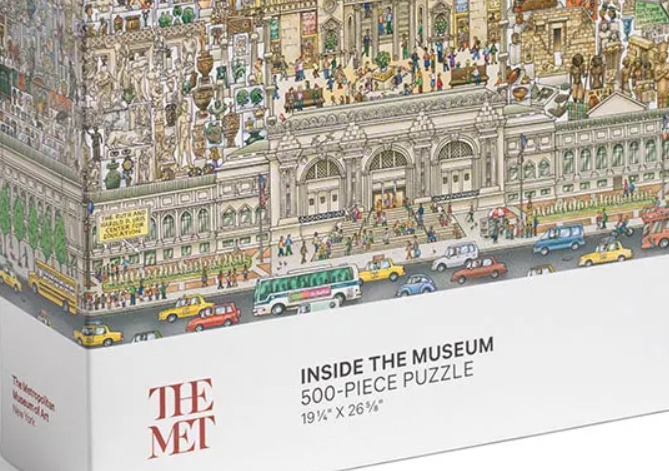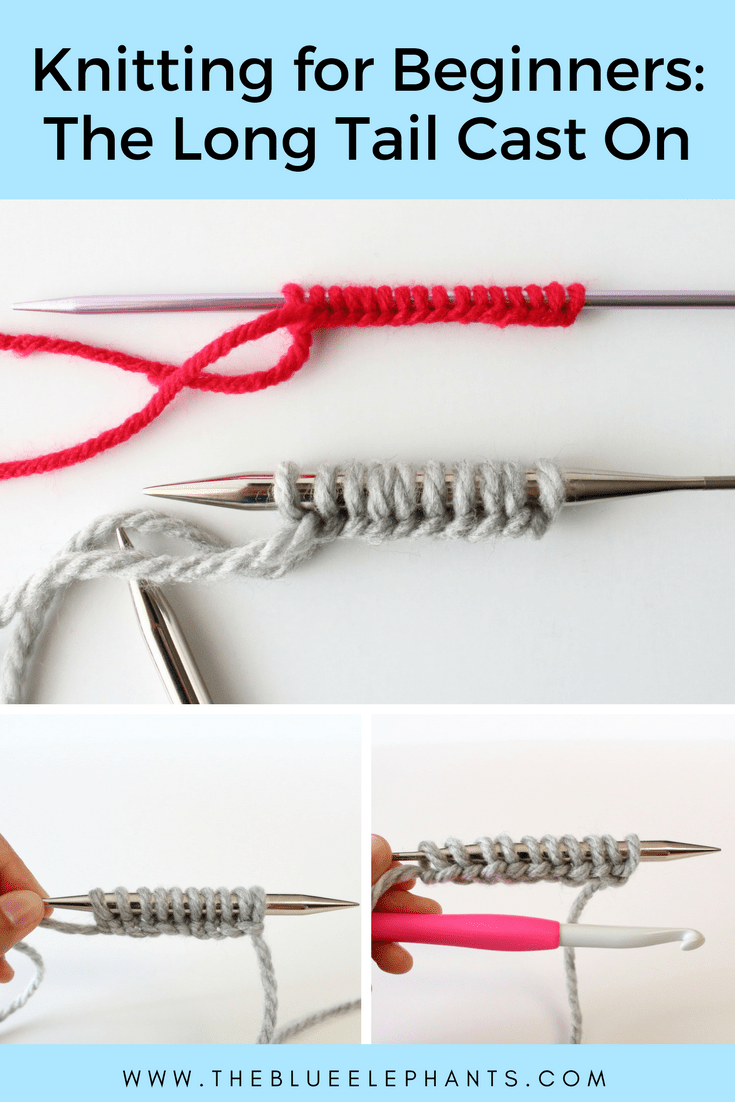
There are many kinds of wine puzzles. They may include information about the wine regions and the major grape varieties. Some include descriptions of the key characteristics and aromas for different wines. Others also offer suggestions for food pairings. Some have artwork depicting France's wine regions.
Water & Wines
The Water & Wines jigsee puzzle is the perfect way to discover the world of wine. The puzzle was designed by a world-renowned sommelier and is an educational and visually stimulating way to learn about the different regions, wines, and appellations. It includes information about grape profiles as well as food pairing tips, provided by some of the most renowned sommeliers around.

Tim Bulmer’s artwork
If you love wine and want to play a fun game, you'll love the artwork on these wine jigsaw puzzles! Tim Bulmer, a British artist who is talented at creating whimsical artwork that makes you smile, is Tim Bulmer. His artwork is perfect for people who enjoy having a good time.
French wine regions
French wine jigsaw puzzles provide a great opportunity to learn about French wine, and the different regions within the country. These puzzles will help you to identify key grape varieties, their characteristics, and how to pair them with food. You will also find information on French geography.
Italian wine regions
These jigsaw puzzles about the Italian wine regions will delight wine-lovers. The designs are beautiful and challenging. They include beautiful photographs, illustrations, as well as celebratory words. You're sure find the right puzzle for you, no matter if you're a wine enthusiast or novice puzzler.
Try a wine cork puzzle to challenge yourself
Wine cork puzzles will appeal to wine enthusiasts and puzzle lovers alike. It's a 1,000-piece puzzle that features pictures of a variety of wine bottles. It is almost 2 feet wide by 2 feet high. It's a great gift idea for friends and relatives who love wine.

Through jigsaws, you can learn about wine regions
Knowing about wine regions is fun and educational. Jigsaws puzzles can help you learn more about them. Many puzzles offer maps and descriptions of key features and aromas from different wine varieties. Some puzzles offer food pairing recommendations!
FAQ
What is a hobby that kids can do?
Hobby for children is anything they enjoy doing outside of work. Children might be drawn to, build, paint, create stories, play with toys or watch TV.
Many parents worry that their children will get into trouble if they're allowed to do whatever they want. This isn't necessarily true, though. Your child won't get in trouble if they are safe and don't do any harm to anyone.
It's important to remember that just because they like to do something doesn't mean that they'll always choose to do it. If they don't like writing but love drawing, they might choose to draw images instead.
There are many types of hobbies. It's up to you to choose one that you really enjoy.
What are your competitive hobbies?
There are many competitive sports, including running, swimming and cycling, as well as golfing, tennis and other activities.
These games are often played by people who enjoy exercise but also offer the opportunity to interact with others.
You will probably find people around you who have the same hobby as you, if you are into physical activity.
This may mean joining a club or group where you meet regularly to play sports together.
You might also choose to participate in team games involving playing alongside others.
These include: football (soccer), soccer, cricket, netball.
There are many types of competition.
Some competitions may be held for pure recreational purposes.
Others are designed for competitors to prove their skill.
Others are also designed to reward exceptional performance.
The winners are awarded prizes in these cases.
Other competitions test strength and endurance.
These are called endurance events.
For example, marathon races, triathlons, Ironman Triathlon, etc.
These events are often contested by athletes who train hard.
They will follow a strict training program to prepare themselves mentally and physically.
They may also need to spend some time away from home during preparation.
It is important to keep in mind that not all athletes can compete in every event.
Why do we need hobbies
Hobbies can be a part of your life because they provide you with time to unwind, recharge, think creatively as well as the chance to exercise, socialize, and relax. Hobbies offer opportunities to develop new skills as well as life-long interests.
Hobbies allow us to find meaning in our lives.
These are a great way for you to have some free time, even if there isn't much else.
And they're fun!
If you don't have time for a hobby, then you probably don't have time for anything else either.
Consider all of the possibilities available to your. You might consider starting a hobby if you don't already have one.
Statistics
- Almost 80% of people claim to have no hobby. (hobbylark.com)
- Studies show that just six minutes of reading can reduce stress levels by 60 percent. (oberlo.com)
- Much of this decline reflects the fact that teens are less likely to work today than in the past; among employed teens, the amount of time spent working is not much different now than it was around 2005. (pewresearch.org)
- This 100% accurate personality-analyzing hobby quiz discovers your passion based on your characteristics. (quizexpo.com)
- I am 100% biologically a woman (discover.hubpages.com)
External Links
How To
How to learn how to play a musical instrument
There are many ways you can learn to play music. You could either go to a school, buy a book, take lessons from someone who plays an instrument, watch videos online, etc. Here are some tips and techniques to help you learn if your goal is to create your own learning path.
-
Find something that interests and you. You don't have to like every instrument you see. It is difficult to enjoy an instrument if it is not something you are interested in.
-
Be patient. Learning anything new takes time. It is unrealistic to expect to know everything instantly. Instead, keep practicing every day.
-
Regular practice is important. This can be done even when you are tired. This will ensure that your memory doesn't fade.
-
Find a quiet place to practice. Ideal is a quiet area where you don't have to disturb anyone else. Also, make sure that there aren't too many distractions. Also, don't let loud music play near your home.
-
Have fun! Music should be enjoyed. Make sure you have fun while practicing. Being happy will inspire you to keep practicing.
-
Set goals. Setting goals will help you to know exactly what your goal is. There is no excuse for failure.
-
Keep track of your progress. List all of your successes as well as your failures. This will help you to improve your performance over time.
-
Take breaks. Sometimes you just need to take a break. Taking breaks will give you time to think about things.
-
Ask questions. Ask questions. They may be able help you.
-
Listening is the best method to learn. Musicians often listen to music they like and try to imitate it. This helps musicians understand the fundamental concepts of the song.
-
Read books. Watching videos or taking classes will not teach you as much as reading books. Books often contain information you can't find elsewhere.
-
Join a band. Playing with other people will make you more practice. You will also meet others with similar interests to yours.
-
Take a look at tutorials. Tutorials are brief videos that cover a variety of topics in great detail. Tutorials are short videos that focus on one part of the instrument. Watching tutorials can help you understand difficult parts of the instrument.
-
Different methods are possible. Some people learn best by reading, while others prefer lectures. Keep trying until you find your preferred method.
-
Practice makes perfect. There is no way to be an expert overnight. Instead, you must put in lots of effort before becoming skilled enough to perform well.
-
Play along with other musicians. Listening to your fellow musicians perform their favourite songs can help you learn quicker.